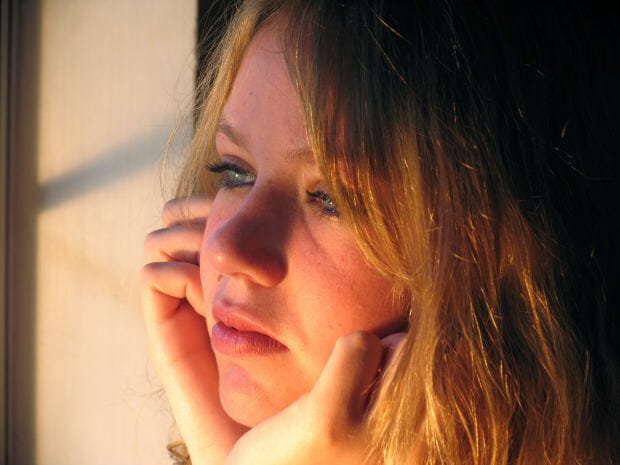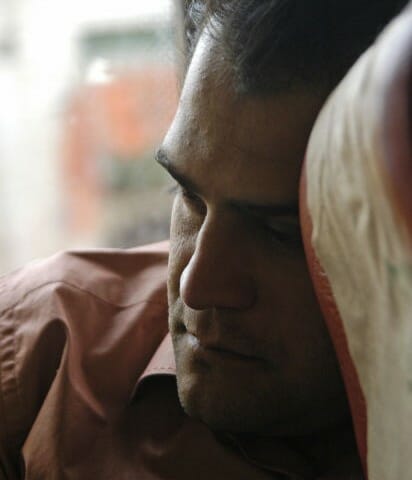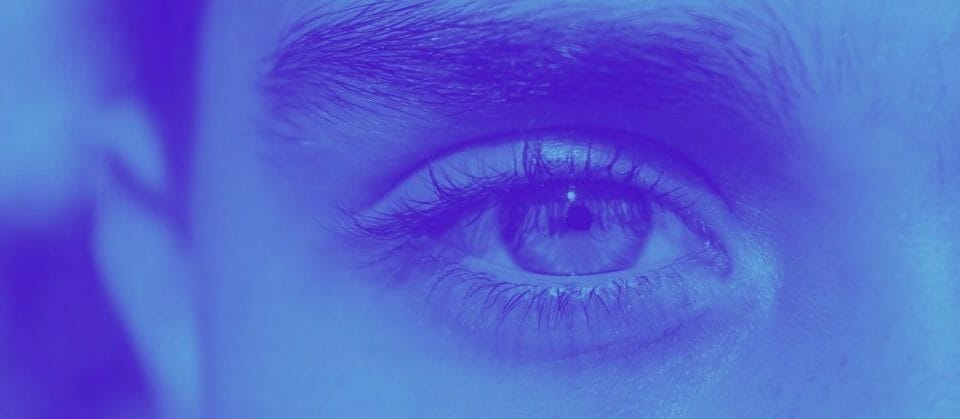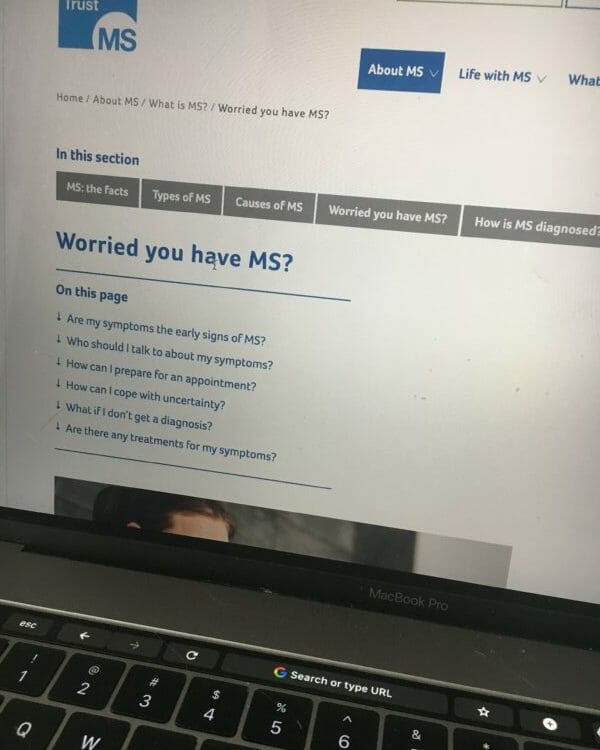
Thought Distortions: Emotional Reasoning
June 25, 2013
Impacts of Mild Dehydration
July 23, 2013Anxiety & Sleeplessness: What’s the Connection?

 If you have an anxiety disorder or a tendency to worry, nights can be tough. People with anxiety have trouble shutting off their worried thought process making it difficult to fall asleep. So does a poor night’s sleep exacerbate anxiety or does anxiety cause sleep irregularities?
If you have an anxiety disorder or a tendency to worry, nights can be tough. People with anxiety have trouble shutting off their worried thought process making it difficult to fall asleep. So does a poor night’s sleep exacerbate anxiety or does anxiety cause sleep irregularities?This has been a tough topic for researchers to get a handle on because it seems circular. You worry, which causes you to have a difficult night’s asleep. Then the lack of sleep causes you to be more emotional and anxious. You then have trouble falling asleep… and so it goes.
A recent study published in the Journal of Neuroscience indicates that sleep disruption is a major factor in anxiety disorders because sleeplessness affects the areas of the brain involved in emotional regulation. The study suggests that chronic worriers (who are prone to developing anxiety disorders) are especially vulnerable to lack of sleep.
The study involved 18 healthy young adults who had different general anxiety levels, but who did not meet the criteria for a clinical anxiety disorder. They studied them after both good night sleep and a night of sleeplessness. To trigger anxiety, they showed participants a mixture of unpleasant and neutral images. After the sleepless night when the participants waited in anxious anticipation for an image to appear, the activity in the amygdala and insular cortex (the emotional centers of the brain) soared, especially in those who were prone to anxiousness.
This study along with a growing body of literature indicates that sleep deprivation can lead to compromised emotional information processing and poor emotion regulation. These studies are helping understand the links between sleep and psychopathology.



